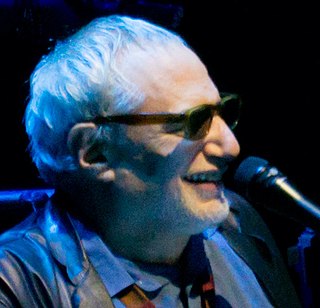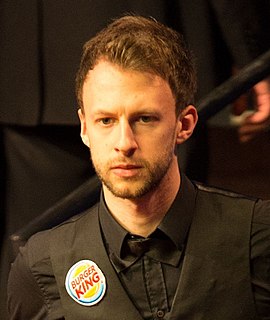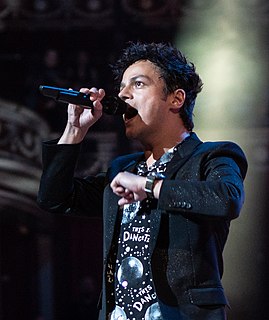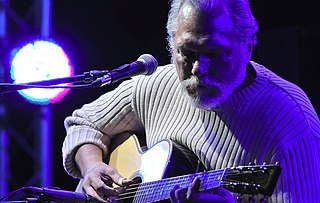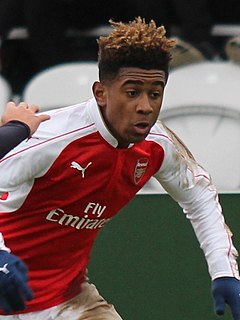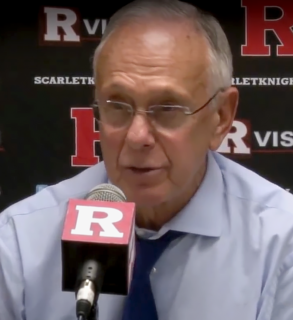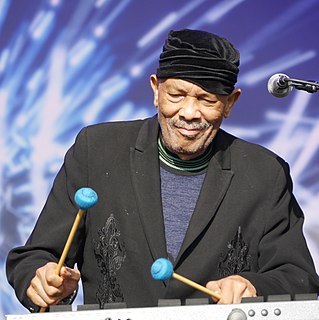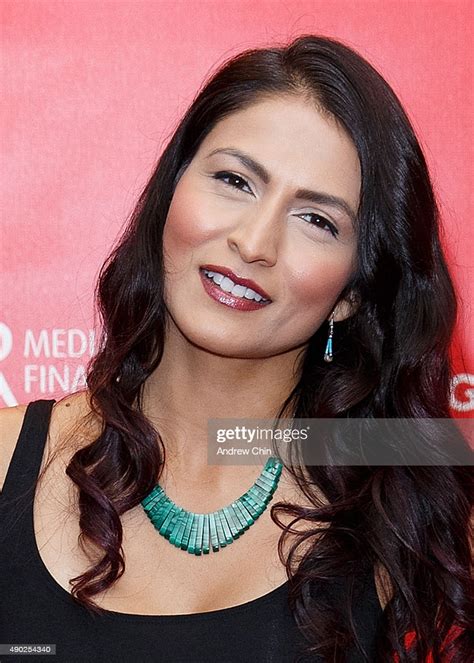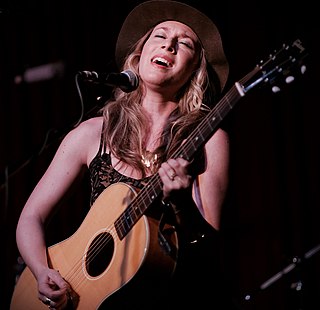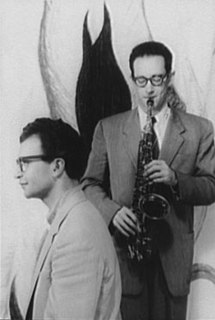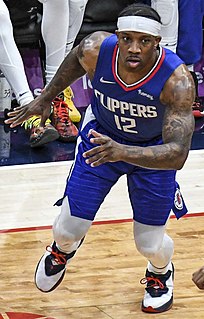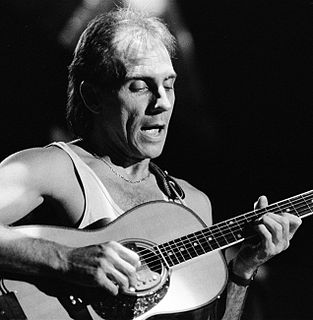A Quote by Donald Fagen
My style is a little quirky. I can't play as fast as most professional jazz players.
Related Quotes
I also love doing comedy. I just moved to L.A. last July. Before that, Vancouver is all about sci-fi, so I didn't get any comedy, whatsoever. But in L.A., people are like, "You don't look quirky enough," and I'm like, "I'm quirky. I'm the definition of quirky. How do you want me to look quirky." They have these little boxes that they put everyone in, so now I have to try to break the mold and get them to see me as being quirky.
I started playing violin because I was fascinated by how violin players could play so fast. I would buy their cassettes, and learn different concertos, but then I started rounding out my collection. My dad was a big jazz fan, so I just started hearing a lot more soul music. I loved Little Stevie Wonder, and I got really into him as a singer and a writer as I got older.
When I was a little kid wanting to play music, it was because of people like Pete Johnson, Huey Smith, Allen Toussaint, Professor Longhair, James Booker, Art Neville ... there was so many piano players I loved in New Orleans. Then there was guys from out of town that would come cut there a lot. There was so many great bebop piano players, so many great jazz piano players, so many great Latin piano players, so many great blues piano players. Some of those Afro-Cuban bands had some killer piano players. There was so many different things going on musically, and it was all of interest to me.
Jazz is an endless source of ideas, because you can use anything. You can play operatic arias. You can incorporate them into jazz. You can play gypsy music and incorporate it into jazz. You can European classical and you can incorporate it into jazz. You can use anything and jazz it up, as they used to say.
